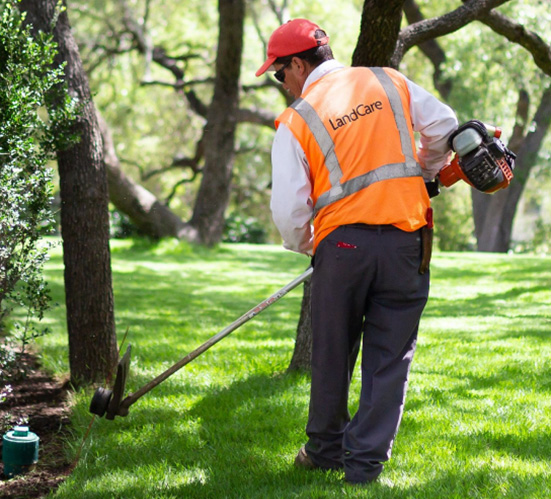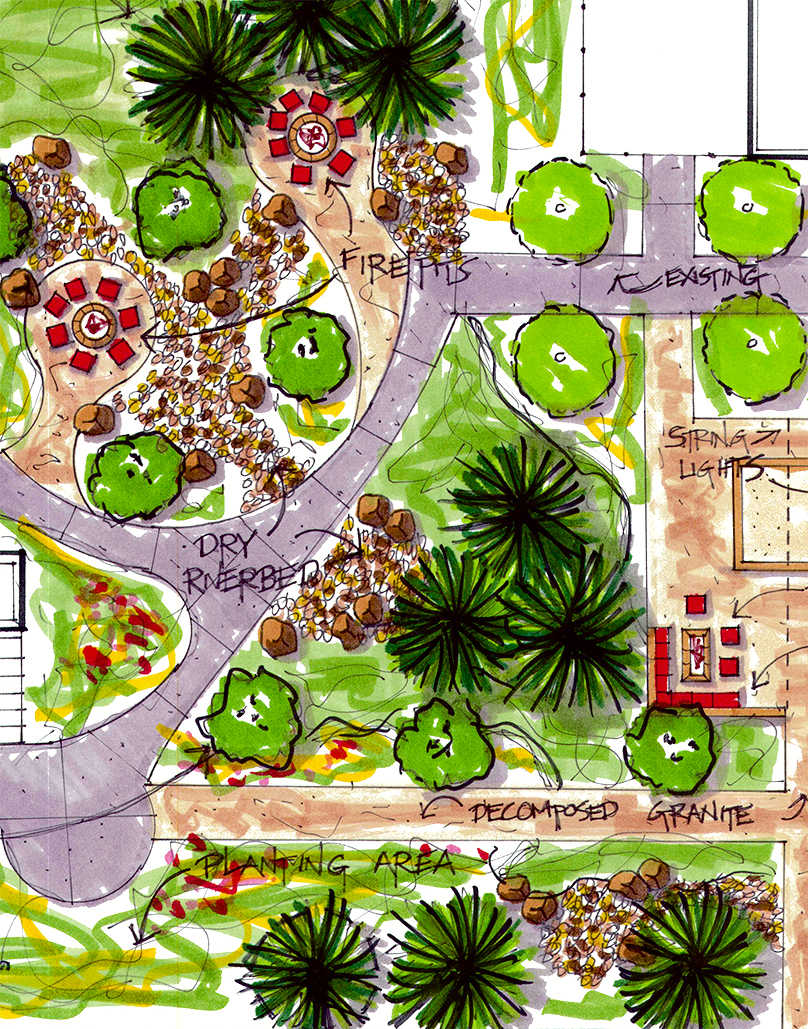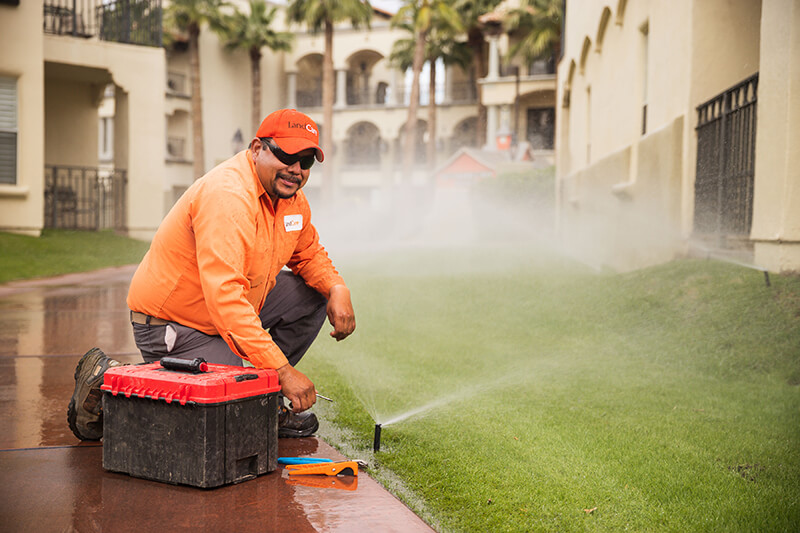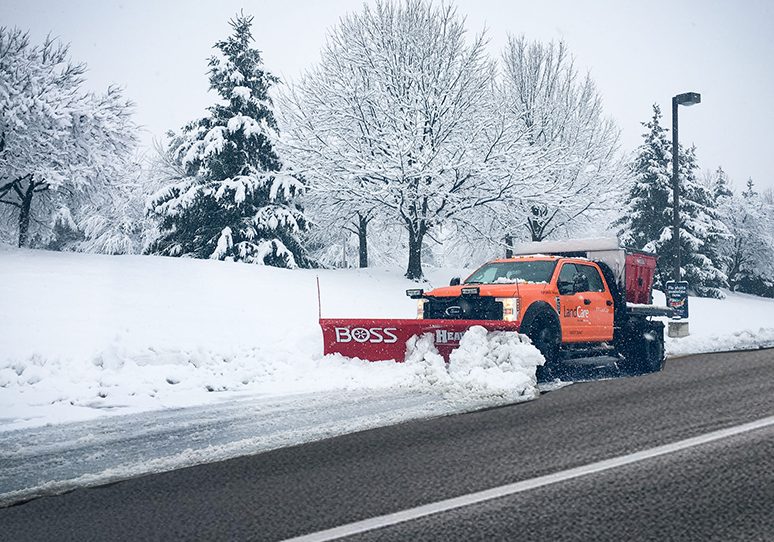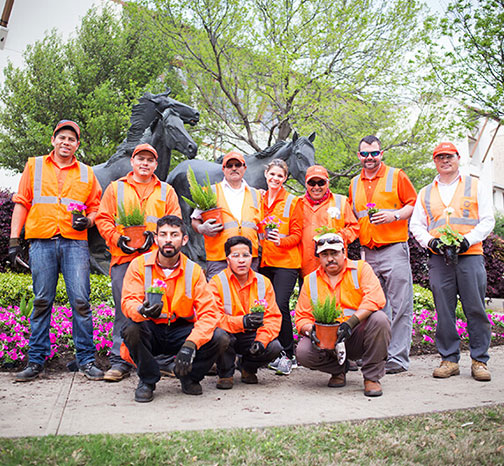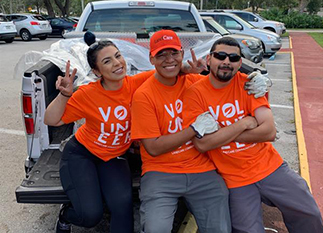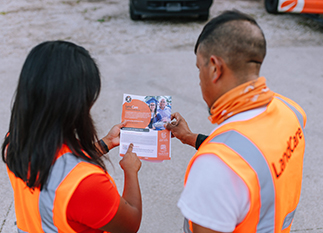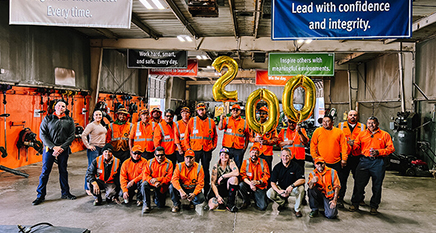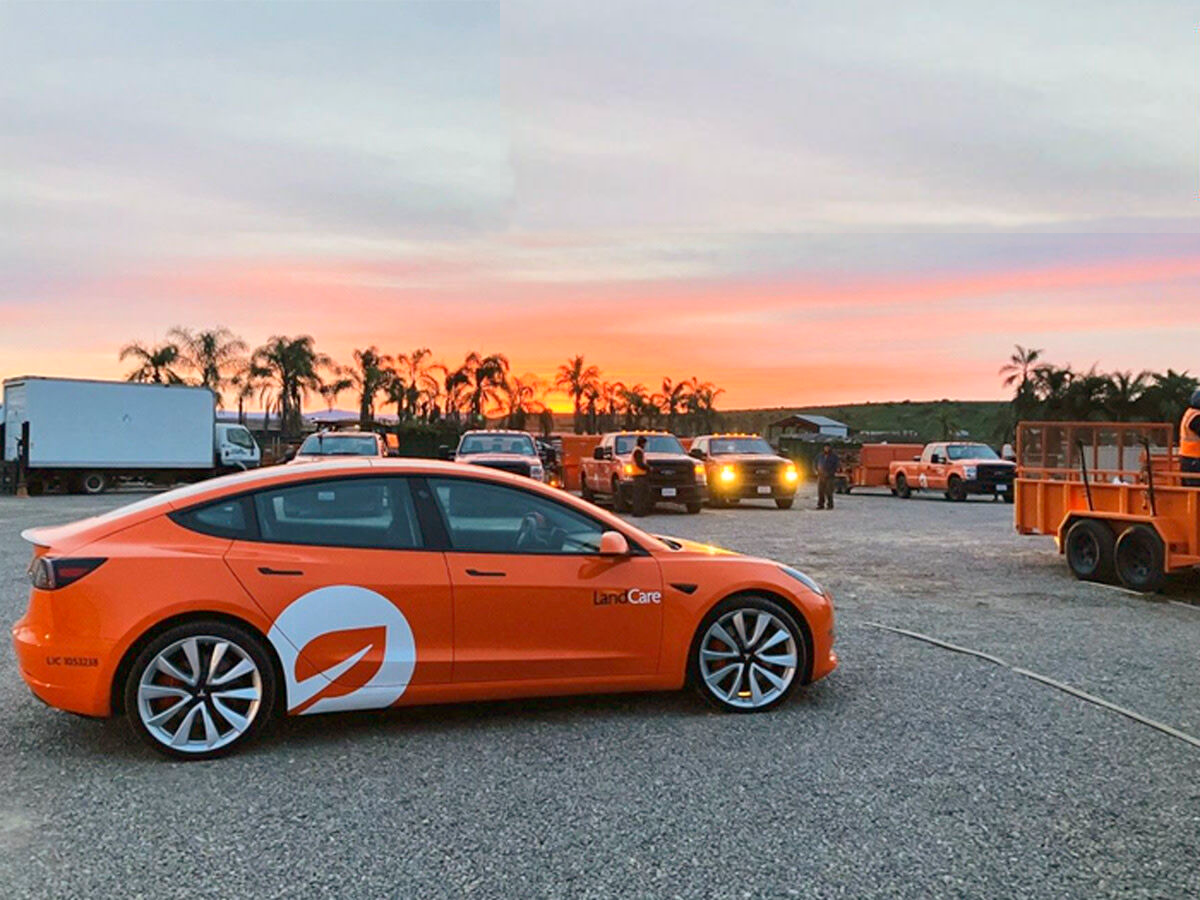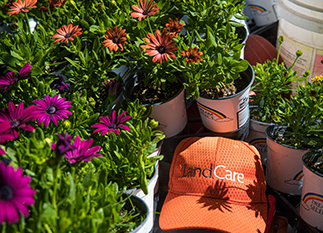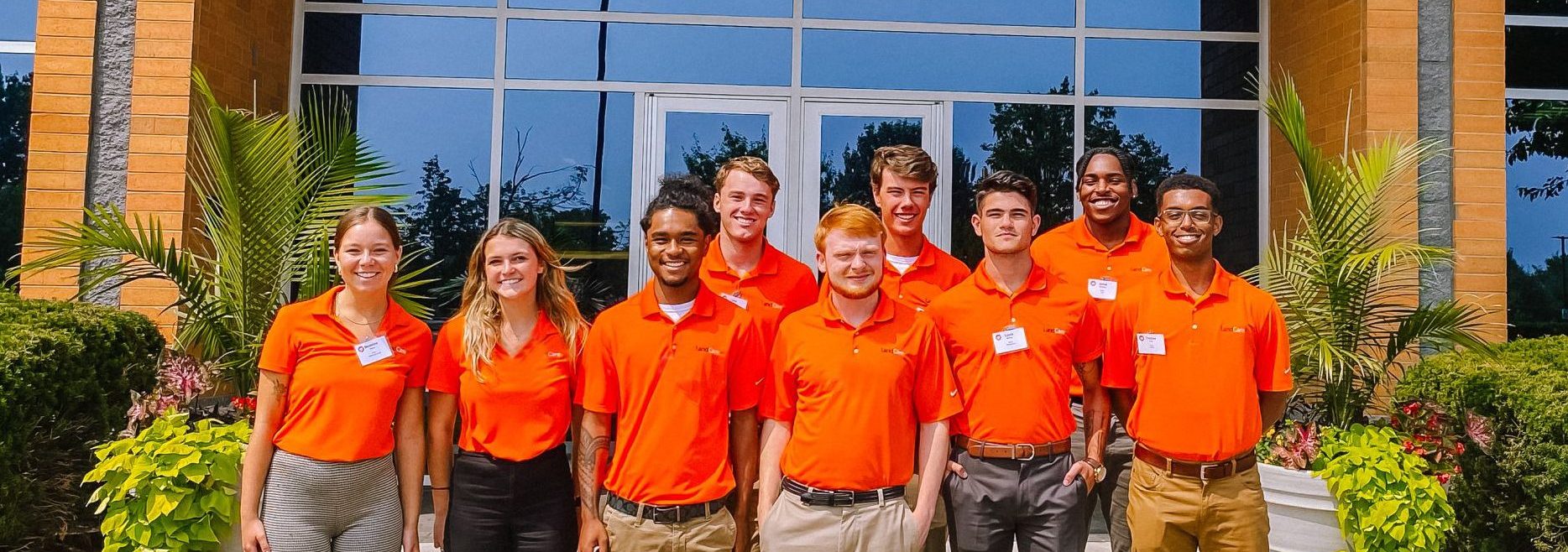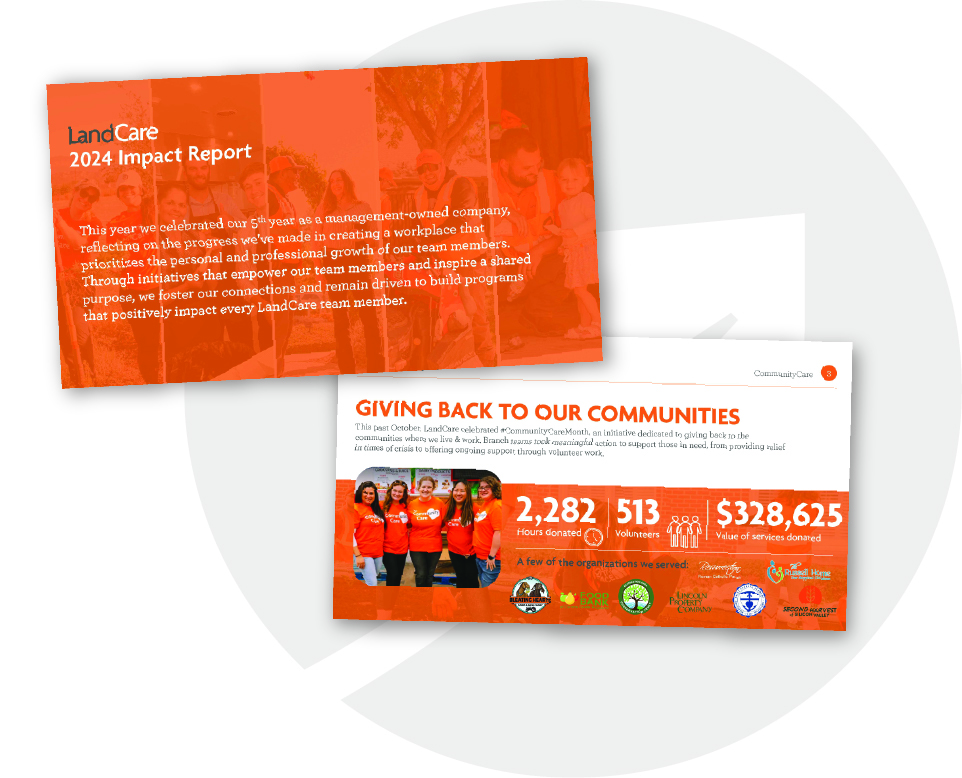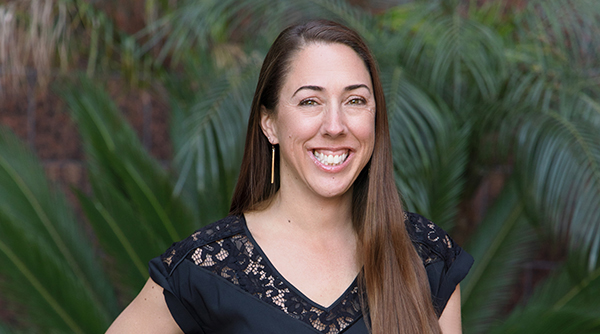LC: Aaron, what would you say is the biggest reason for your team’s success in maintaining this incredible safety record?
AJ: The number one factor in our success is morale. If you have a happy team, you’re going to find people are more aware and focused on the job and everyone is working together.
LC: Yes, but after two years, how do you maintain that momentum?
AJ: We are religious about celebrating every 100 days without an incident – sometimes it’s a BBQ, sometimes a bowling party. You don’t have to spend a lot of money to celebrate and recognize the team’s commitment. It really helps to keep the team spirit up. We’re always making sure we recognize the teams not only for safety but for job quality. And we do gift cards for the team with the best safety record.
We also make sure all our managers are here at the start of the day, even before the crews. And we do a close rotation too, to make sure there is always someone accessible for the guys if they have a problem or need help with an issue. It speaks volumes when the crew gets here in the morning, you greet them, shake their hand, so they know you are there and your door is open to them. We also always have coffee for them in the morning, and sometimes bring breakfast. That really generates team morale – we’re all in this together.
LC: Why is morale such an important factor?
AJ: Our high morale contributes to a good retention rate, and that brings consistency to the way a team operates. I’d say anyone who has been here two years or more is pretty well-versed on safety, and the returning H2B workers know what they’re doing.
Our biggest concern is always when hiring new people. It’s then that accidents are most likely to happen. So we make sure we bring people on and train them with a good orientation – they see safety videos, tours of the shop, and ride with the production manager on their first day vs. just throwing them out into the field. No one operates a piece of equipment before being properly trained on it. Having a strong tenured team in place ensures that they’re watching out for the new guy on the team too.
LC: After two years, are you at the point where you may be taking your record for granted or resting on your laurels?
AJ: We can’t afford to take safety for granted. For us, it’s not only about the record. It’s about sending our guys home to their families the same way they arrived. So it’s about maintaining our focus and awareness when we’re on the job. And continuous training is important.
We talk about safety on a weekly basis with tailgate training, and we have a very visible safety counter (showing total days without accident) that ticks over while they’re in the field. So they come into the yard in the morning looking at the board, and when they come back to the yard at the end of the day, they see the number has changed, and they know we made it through another day without a problem. I also have the overall company record on a monitor in the conference room. They all see the 1,056 days and they are all motivated to beat that.
LC: What are some of the challenges you see in maintaining your safety record?
AJ: If anything, we’re challenged to break a reverse culture of safety – at this point, no one wants to be the guy to have that accident that kills the record. But we’re working with them, and guys are getting better about coming to us if something small happens in the field, so we can help them out, make sure they’re OK, and it doesn’t have to escalate to something more serious.
I make sure all of my managers are well trained in first aid. So they are equipped to take care of little things in the field, right away, so it doesn’t escalate into something serious. For example, the other day one of the guys cut his finger on a sharp edge of the trailer, and my account manager took care of it, cleaned and bandaged it.
LC: What advice do you have for other leaders who want to improve safety in their branch?
AJ: Keep it simple. Start small – you don’t have to change the whole culture at once. Do one thing differently and build on that. For example, have you had a celebration with your guys? Recognize them, shake their hands, make them feel valued and part of the team. Also, be accessible to them – are you present in the branch? Are your AM’s present and available to the guys?
I can’t take all the credit for our branch’s safety record. It didn’t happen overnight, and I wasn’t actually in this leadership role when we began the record. It’s a team effort, and it takes a team to maintain that group focus on what’s important.
LC: Anything else?
AJ: A lot of people say safety is a culture, and sure it is a culture that you’re building together every day. But there is also a little element of luck – or maybe it’s something besides luck. I can’t say there aren’t still those close calls, where something might have happened. Sometimes people get discouraged if they keep having what looks like bad luck. But the most important thing is when that happens, learn from it, make improvements, stay present, and don’t let yourself get discouraged.

